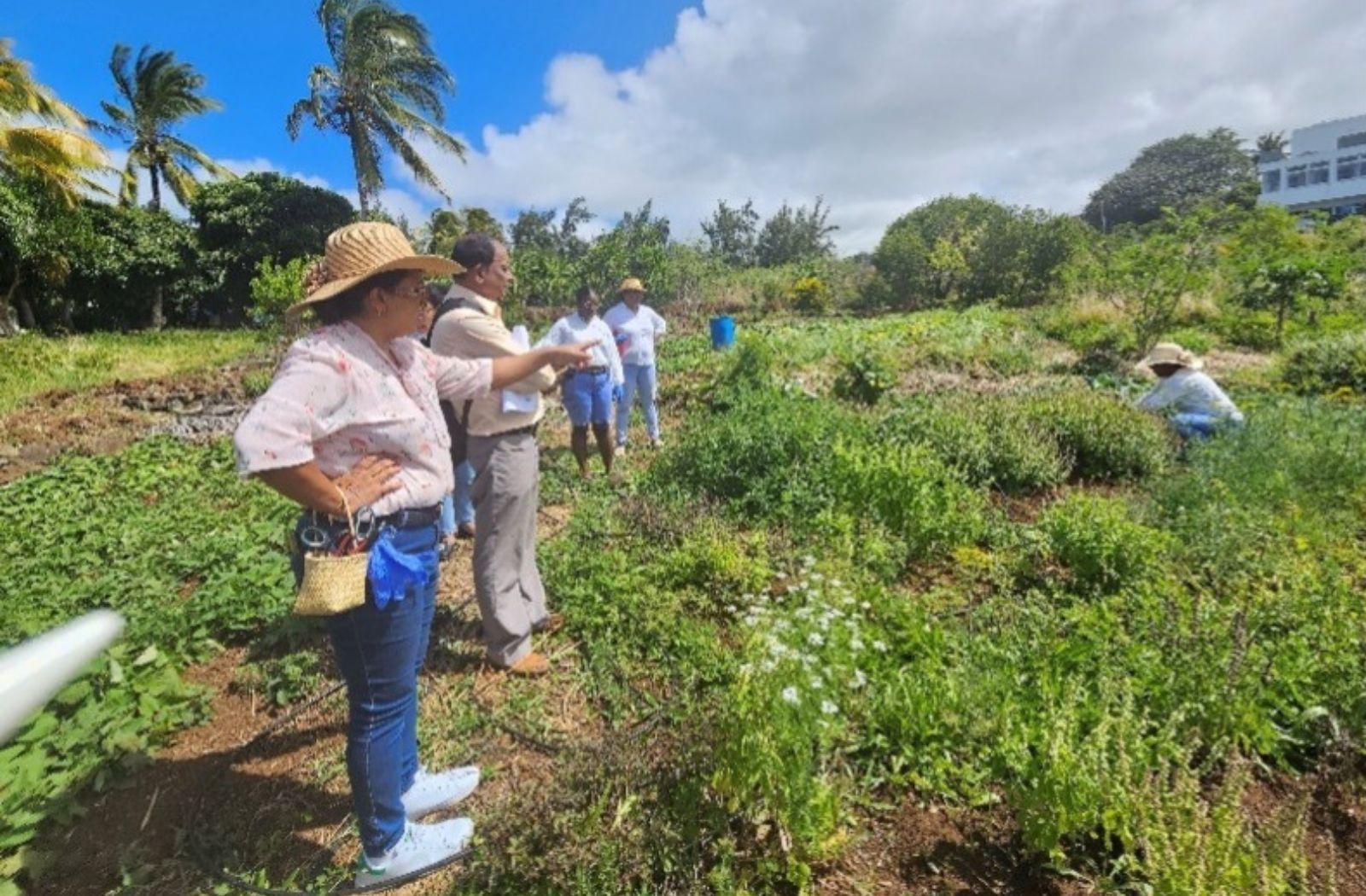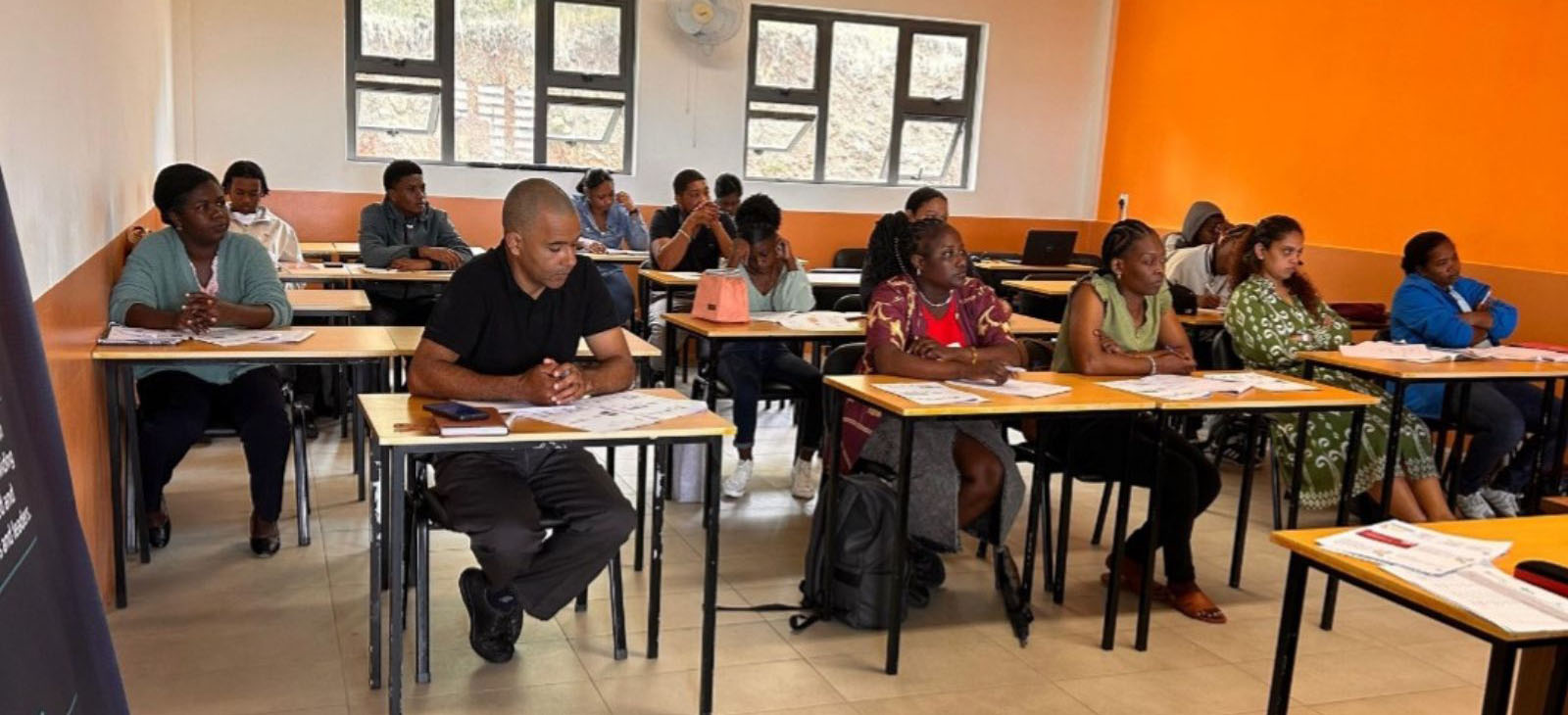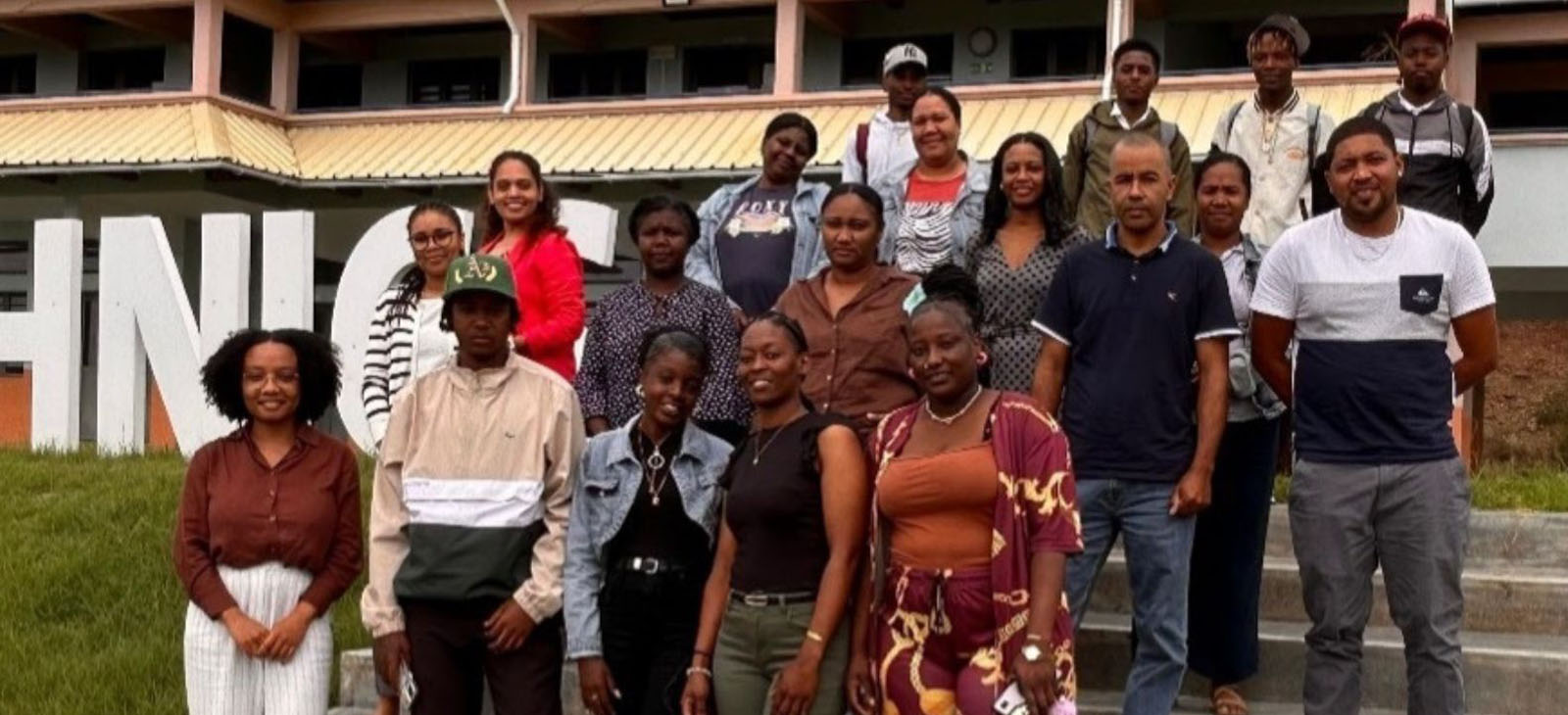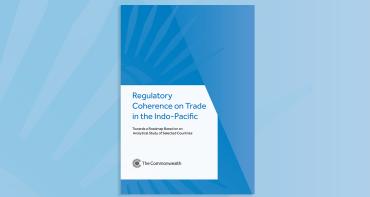Food producers, entrepreneurs in the agricultural sector and hospitality professionals on Mauritius' Rodrigues Island have been trained in world-class food safety standards to help boost the territory’s growing export market.

The autonomous territory of Mauritius, which lies about 600 km east of Mauritius, is home to just over 100 square kilometres of land and is locally governed by the Rodrigues Regional Assembly. Its economy depends heavily on agriculture and fishing, with honey and salted seafood, including octopus, among its main exports.
Given the island’s relative isolation, food security and safety are major concerns. Since 2023, the Commonwealth Secretariat has been working with Mauritius' Economic Development Board and the Rodrigues Regional Assembly on a multi-year export and market development project. The aim is to boost food experts to the diaspora and high-value luxury food markets.
The Commonwealth Secretariat helps member countries improve their global trade competitiveness in strengthening their domestic market and developing their export capabilities.
As part of this project, Polytechnics Mauritius, contracted by The Commonwealth Secretariat, delivered a Hazard Analysis and Critical Control Points (HACCP) training programme. The course began with a technical workshop and included visits to six small and medium-sized food businesses, where staff gained tailored advice on improving practices to meet international standards.

Enhancing food security and export potential
Nature’s Spells Limited was one of the six businesses that benefited from a food safety audit. After the training, Marie Jénégie Ah Thiong Rose, the company's Marketing Manager, shared:
“Producing herbal teas and medicinal plant products requires special care. The training and audit helped us identify where improvements are needed and gave us valuable guidance on how to align our operations with HACCP principles.”
Later in the month, a three-day course on the fundamentals of food safety was attended by 19 participants from a broad range of sectors. Through case studies and discussions, attendees gained a firm grounding in food safety concepts, equipping them with the knowledge required to begin implementing HACCP in their businesses.
Marcelène Bégué, who works at Miel Victoria Ltée, shared what she has taken away from the training:
“Working in honey production, I realised how essential it is to maintain strict food safety practices. This course helped me understand how HACCP can be applied to our processes, so that we can continue to offer high-quality, safe products to consumers.”
Another participant, James Gregory Edouard, a student at Maison Familiale Rurale, said:
“As part of my internship at Gouter Exotique Ltée, this foundational course gave me a solid introduction to HACCP. It showed me how food safety principles can be applied in real work situations and why they are so important for businesses like the one where I train.”
This initiative has helped to strengthen the food safety ecosystem in Rodrigues, enhance competitiveness in the food and hospitality sectors, strengthen food safety awareness and help local enterprises to meet international standards.
Earlier this year, the Secretariat also coordinated a train-the-trainer course on HACCP implementation, which was delivered by an HACCP expert, who also conducted visits to local businesses to assess their practices. Other aspects of the project include guidance on branding and packaging, market readiness, and development of product standards.

Media contact
- Rena Gashumba Communications Adviser, Communications Division, Commonwealth Secretariat
- T: +44 7483 919 968 | E-mail



